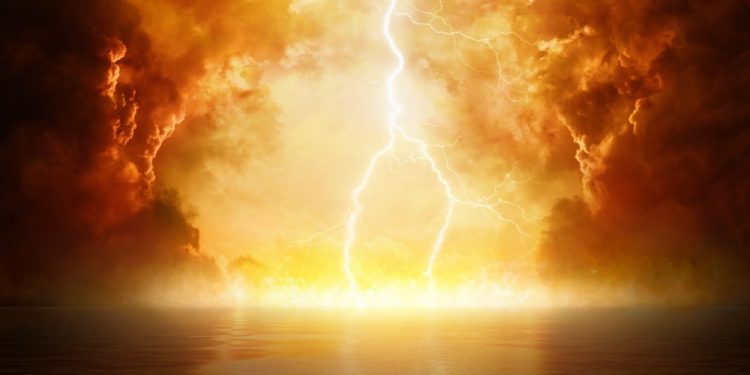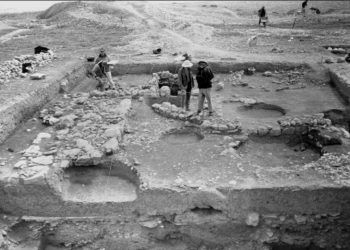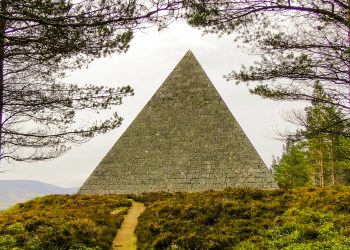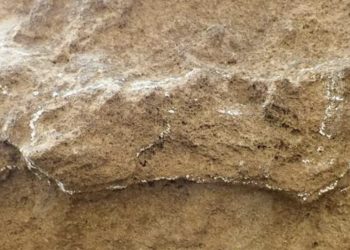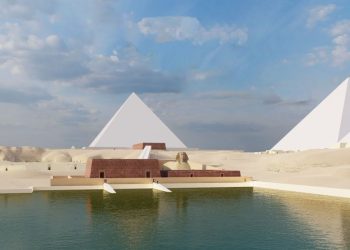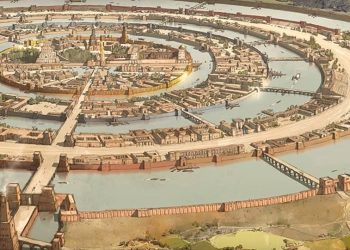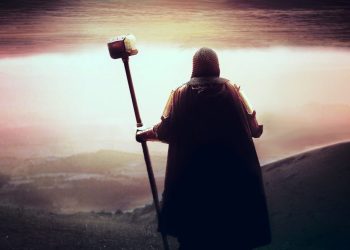Noah’s story of the great flood was assumed to be the earliest story until the Epic of Gilgamesh began to capture people’s interest in the mid-19th century. But although quite a few people have been introduced to “earlier” versions of the Flood, the general public continues believing that Noah’s flood is the oldest of them all. This, however, is not the case. The similarities between the flood tales of Noah and the Epic of Gilgamesh are striking. The Epic of Gilgamesh is just one of the many “recorded” by ancient cultures throughout history. This article offers five stories that predate that of Noah.
The Epic of Gilgamesh
This is perhaps the most famous of them all, after Noah. The Epic of Gilgamesh is perhaps the oldest story of “the Great Flood” known to humanity. Recorded on 12 stone tablets, Gilgamesh, the Sumerian king who ruled for 126 years on realizing the death of his friend, began his search for immortality. In the course of his adventure, he met an immortal referred to as the Utnapishtim.
Legend had it that the gods were angry at mankind and had planned to destroy the human species with the flood. The god Era hinted Utnapishtim about the impending doom and instructed him to build a gigantic boat to save his family and seeds of all life. Utnapishtim obeyed, and the boat was ferried to a mountain when the flood came. Afterward, the god Ishtar set a rainbow over the sky to pledge to mankind that the earth will never be destroyed again.
The Myth of Ziusudra
The myth of Ziusudra was an account of how the god Enki warned Ziusudra, the king of Shuruppak, about the god’s decision to wipe out mankind with a flood. At that period, Anki informed Ziusudra to construct a huge boat. Afterward, torrential rains caused a massive flood that covered the land. After a while, Ziusudra opened the window of his boat to make sacrifices and worship the sky-god Enlil, the master of the gods. At the end of the flood, Ziusudra was rewarded with eternal life in Sumerian Eden.
The Epic of Atrahasis
The Akkadian Epic of Atrahasis includes a creation myth and one of three flood myths. One of the myths reveals that humanity’s overpopulation was the reason behind the world’s destruction. At the end of 1200 years of human fertility, god Enlil had a terrible sleep characterized by the troublesome and noisy overpopulation of mankind. He sought divine assistance that projected plague, drought, and famine in attempts to destroy humanity.
Every attempt to get rid of humanity proved futile, and after 1200 years of attempts, the same problem returned. Finally, the gods decided to use a flood as their weapon of destruction. The god Enki disclosed the intention to Atrahasis, who built a huge vessel based on divine measurements.
The Aztec Flood
The Mesoamerican flood myths are particularly interesting, and there are various reasons why the flood occurs. Either the world was too old, or mankind disobeyed the gods. Whatever the case, it was mankind who provoked their deities who sent upon them a great flood.
The Aztec Flood legends tell how the Great Aztec god Tezcatlipoca warned a man and a woman that a flood was upon the lands. After hiding in a hollow tree, the man and woman were saved from the cataclysmic waters. The legends tell how the man and woman became hungry and chopped up the three in which they hid to cook food. Tezcatlipoca came down to Earth and punished the survivors turning by turning them into dogs.
Gun-Yu myth
Another interesting flood story can be found in ancient Chinese literature. Known as the Great Flood of Gun-Yu, or the Gun-Yu myth, the event is described as a major flood that lasted for more than two generations, resulting in various natural disasters such as cataclysmic storms turn resulted in famine and population displacement.
Like endless boiling water, the flood is pouring forth destruction. Boundless and overwhelming, it overtops hills and mountains. Rising and ever-rising, it threatens the very heavens. How people must be groaning and suffering— Emperor Yao, as quoted in the Book of History, describing the flood
This flood is thought to have taken place during the reign of Emperor Yao, a legendary ancient Chinese ruler. People are said to have abandoned their homes due to rising water levels and went on to live on mountains, nests, and trees. This flood story is dated to the third millennium BC or around 2,300 BC. It is noteworthy to mention that geological evidence might support the existence of the above-mentioned flood story.
Have something to add? Visit Curiosmos on Facebook. Join the discussion in our mobile Telegram group.



